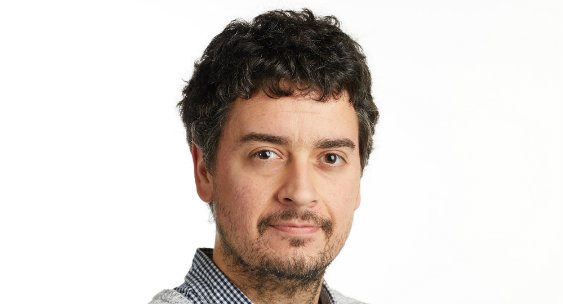€1.7 million to fight autoimmune diseases
Published On Tue 4 Apr 2017 by Grant Hill

A University of Dundee researcher has been awarded €1.7 million to investigate the role that communication between cells plays in autoimmune diseases.
Dr Ignacio Moraga, from the University’s School of Life Sciences, has received a prestigious European Research Council (ERC) starting grant to fund his research over the next five years. Dr Moraga and his team are studying immune response action in the hope of designing better medicines for conditions such as lupus, arthritis and other debilitating autoimmune diseases.
“I am delighted to receive this funding from the ERC to allow me to further understand the immune system,” said Dr Moraga. “It will allow my team and I to identify events critical for cellular decisions by learning the exact detail of how cells communicate with each other during an immune response.”
The human body is composed of more than thirty trillion cells, all of which receive hundreds of messages alerting them to activity around them. These messages need to be brought together and acted upon to produce appropriate responses. Abnormal immune responses cause the body to attack itself, which is what happens in autoimmune diseases.
This extremely complex interconnected network of cells is controlled by a relatively small number of important signallers. The reason why outcomes can be normal or abnormal remains one of the longest-standing questions in biology.
Dr Moraga wants to understand this process in relation to immune response and will focus his research on cytokines, a group of signallers whose main function is to oversee the correct functioning of the immune system. Most immune disorders can be traced back to errors involving cytokines, making them very attractive drug targets, according to Dr Moraga.
“The way by which cytokines interact with cells can alter the responses seen,” he said. “My studies will provide understanding of these actions which will allow the development of more specific and less toxic cytokine-based therapies than those currently available.”
For media enquiries contact:
Grant Hill
Press Officer
University of Dundee
Nethergate, Dundee, DD1 4HN
Tel: +44 (0)1382 384768
Mobile: 07854 953277
Email: g.hill@dundee.ac.uk